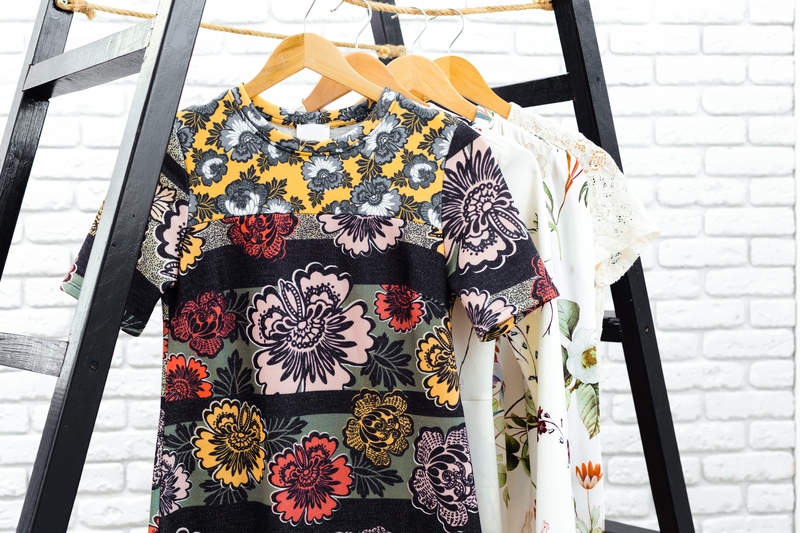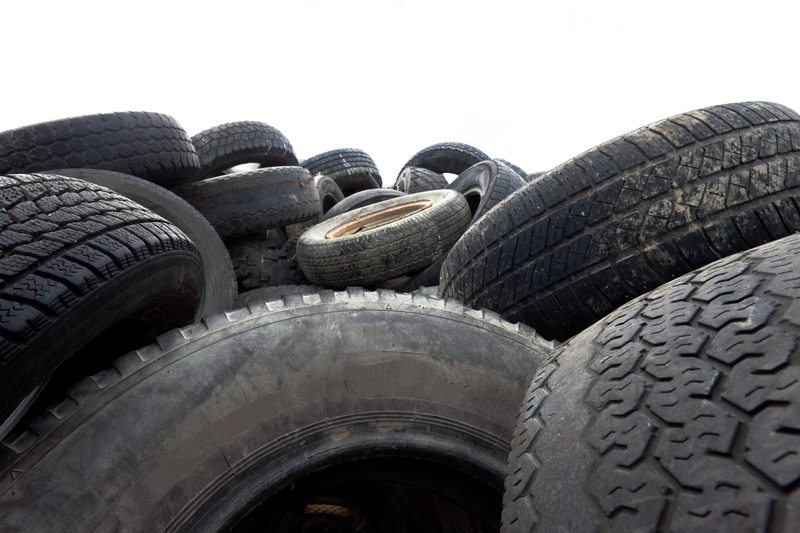Introduction to Skip Bags
Skip bags have become an increasingly popular solution for rubbish removal, particularly for households and businesses looking for a convenient and cost-effective way to manage waste. Unlike traditional skip bins, which require the rental of a large metal container, skip bags are flexible, lightweight, and can be stored away when not in use.

What are Skip Bags?
Skip bags, also known as skip sacks or waste bags, are heavy-duty, reusable bags designed to hold large amounts of waste. Made from strong, durable materials, they can handle different types of rubbish, including garden waste, household debris, and construction materials. They're available in a variety of sizes, making them suitable for both small domestic projects and larger commercial jobs.
Advantages of Using Skip Bags
One of the major advantages of skip bags is their convenience. Delivered flat-packed, they don't take up much space, making them easy to store until needed. Here are some of the key benefits:
1. **Flexibility**: Skip bags can be placed in areas where a traditional skip might not fit, such as narrow driveways or small gardens.
2. **Cost-Effective**: They are generally cheaper to hire than traditional skips.
3. **Ease of Use**: Fill the bag at your own pace, and once it's full, simply arrange for collection.
4. **Eco-Friendly**: Many skip bag services are committed to recycling as much waste as possible, reducing the amount sent to landfill.
5. **Safety**: Built to withstand heavy loads, skip bags reduce the risk of spillage and contamination compared to conventional plastic bags.
How to Use Skip Bags Effectively
Using skip bags effectively involves a few straightforward steps:
1. **Choose the Right Size**: Select a bag that suits your needs. Bags range from small (1 cubic yard) to large (4.5 cubic yards).
2. **Placement**: Position the bag on a level surface and as close to the area you'll be working in as possible.
3. **Load Wisely**: Distribute the weight evenly and avoid overfilling the bag to ensure it can be safely collected.
4. **Booking Collection**: Once the bag is full, contact your skip bag provider to arrange for collection.
Tips for Maximizing Skip Bag Usage
- **Sort Your Waste**: Segregate recyclables from non-recyclables to make disposal easier.
- **Break Down Items**: Disassemble large objects to save space and fit more rubbish into the bag.
- **Avoid Prohibited Items**: Check with your service provider for a list of items that cannot go into the skip bag, such as hazardous materials.
Pros and Cons of Skip Bags
**Pros**:
1. **Convenience**: Easy storage and setup.
2. **Cost Savings**: Generally cheaper than traditional skips.
3. **Flexibility**: Suitable for various waste types and project sizes.
4. **Eco-Friendly**: Many providers focus on recycling.
**Cons**:
1. **Size Limitations**: Not suitable for extremely large or heavy waste projects.
2. **Availability**: Collection may take longer in remote areas.
3. **Weight Restrictions**: Exceeding weight limits can incur extra charges.

Takeaways
Skip bags are a valuable tool for rubbish removal. Understanding their benefits and limitations will help you make the most out of this service. Whether you are tackling a home renovation, cleaning up your garden, or managing waste from a smaller commercial project, skip bags offer a flexible and cost-effective solution.
Conclusion
Skip bags provide a modern, efficient alternative to traditional skip bins. Their flexibility, affordability, and convenience make them an excellent choice for various waste disposal needs. With proper usage and a mindful approach to sorting and loading, skip bags can significantly ease your rubbish removal process, making it a hassle-free experience. So next time you have waste to dispose of, consider the humble skip bag - your ideal rubbish solution.
